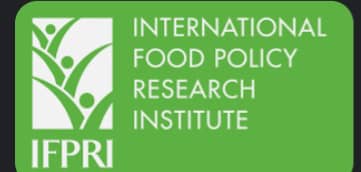Author: Maame Owusuaa Oppong
Adequate nutrition during infancy and early childhood is essential to ensure the growth, health, and development of children to their full potential.
Correct feeding during the early stages of life is particularly very important due to its role in lowering morbidity and mortality and also reducing the risk of chronic diseases throughout life span promoting regular mental and physical development.
It is against this background that an inception meeting on a Japan-funded project on protecting vulnerable children from exacerbated food insecurity crises through Japan’s expertise in school lunch has been held.
In collaboration with KOKO Plus Foundation(KPF) a Non-Governmental Organization (NGO), Noguchi Memorial Insititute and International Food Policy Research Institute, a study was conducted and reports declared that though feeding measures were good, about 60% of infants of 6 months were anaemic.
In an interaction with AmaGhana Online news, a Research Fellow at Noguchi Memorial Institute (NMI) Dr. Gloria Folson said, infants who were from food insecure households benefited from haemoglobin because of anaemic in infants per the report findings was indeed a challenge.
According to her, the study population was between infants from 6 months to 18 months of which she believes that there should be proper early feeding to ensure quality health in children which is why the Kokoplus Foundation has joined forces with them.
Doreen Kufoalor a research facilitator at International Food Policy Research Institute also added her voice that, Kokoplus is a micronutrient powder which boosts infants’ nutrient intake when they begin supplementary feeding.
She said Koko Plus was chosen because it’s a rich mix of soya-bean powder, which has essential amino acids, vitamins and minerals for children aged 6-24 months in their early stages of life.
KOKO Plus Foundation (KPF) an NGO established in Ghana in 2017 and appointed as an Official Partner by The Ajinomoto Foundation(TAF) to manage Ghana Nutrition Improvement Project (GNIP) in Ghana.
Its mission is to realize maternal and child nutrition improvement and contribute to public welfare through research and development of nutritional food products based on the understanding of local food culture, and sustainable manufacturing, distribution, and dissemination of nutrition knowledge.








































